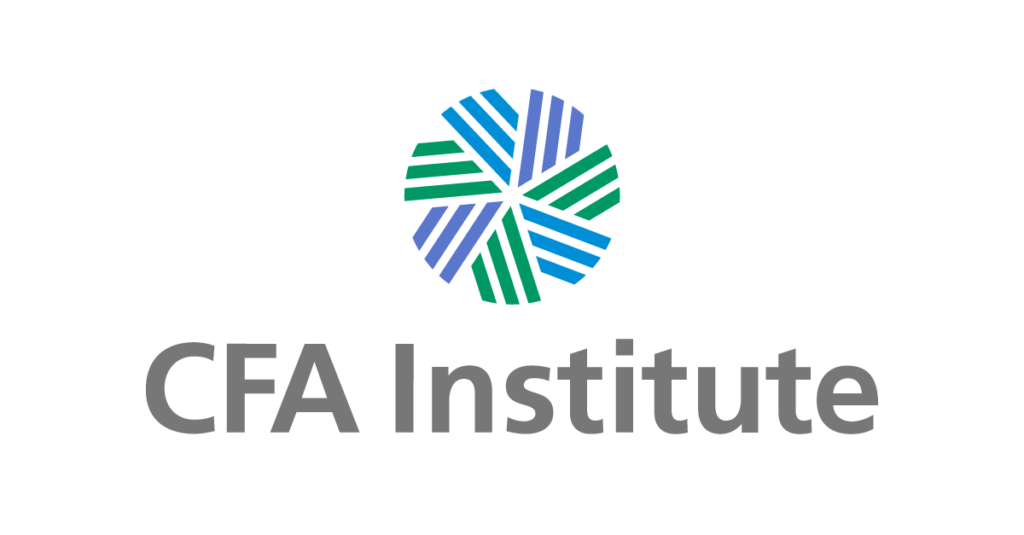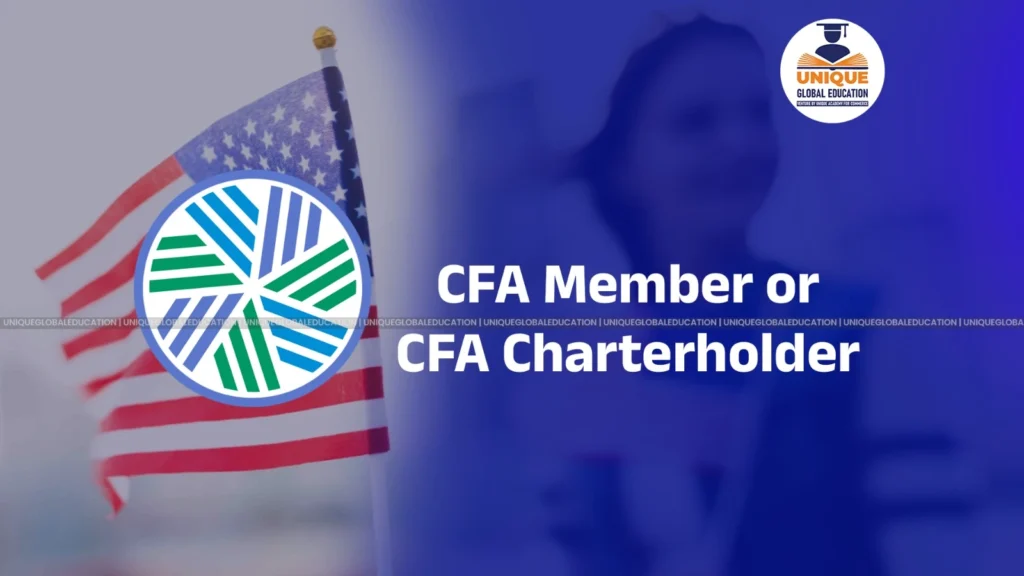The CFA (Chartered Financial Analyst) program is celebrated for its level of difficulty and depth. It not only tests your knowledge but also your patience and, really, your discipline and strategy. Level I, Level II, Level III, it doesn’t matter- you have these areas that feel so huge- QM, derivatives, fixed income, PM, ethics. But don’t worry. Just about any CFA subject can be a bear to learn if you take the right approach.
In this post we will dissect smart ways to approach tough CFA topics – all in quick, easy to digest paragraphs that you can put to use right away.
Table of Contents
1. Identify Your Weak Areas Early
Begin by diagnosing what seems difficult to you. Every candidate is different. Derivatives may be baffling to some people; ethics might feel too subjective to others. Then take subject-level mock tests, past exam questions, or CFA Institute’s learning ecosystem to determine where to focus your efforts.
2. Don’t Skip the CFA Institute Material
A lot of candidates depend entirely on third-party prep providers. While they’re helpful, the CFA Institute’s official curriculum is the gold standard. Whether you read cover to cover or not, use this one for the slightly more challenging topics such as Fixed Income and Portfolio Management, as those can really clear up some difficult concepts with the official examples and blue boxes.

3. Watch Concept Videos First
Before getting into the readings, watch brief videos that break down the subject. Many of these platforms such as Kaplan Schweser, AnalystPrep, Mark Meldrum or even free YouTube content provide visuals that makes tackling tough topics easier to understand. Start with videos, go to the books — this is how you can make both clarity and confidence.
4. Break Down the Topic into Subtopics
Take a subject like Derivatives. Try not to make sense of it all at once. Break it down:
- Forwards vs. Futures
- Options pricing and payoffs
- Swaps
- Risk management strategies
Dealing with one micro-topic at a time gives the feeling of making headway, and this helps to avoid burnout.
5. Focus on Formula Intuition
It does require memorization of formulas, but of course if you actually understand something it’s much easier to memorize. For instance, in Quantitative Methods, understand what is “standard deviation” or covariant instead of memorizing how it’s to be calculated. Intuition will be useful when facing the tougher conceptual questions.
6. Use Mind Maps and Visuals
There are some areas – particularly in Portfolio Management and Economics – that are covered with models, formulas, and a spider web of detail. Generate mind maps, concept maps or visual diagrams to consolidate interconnections among primary factors. This has a 2-fold benefit – you retain better and revision is easier.
7. Practice, Practice, Practice
No one does practice questions better for challenging topics. Concentrate on the end-of-chapter questions, mock exams and topic tests of CFA Institute. For the challenging questions, solve in a stretch of 30–50 questions. Your brain begins to recognize patterns, and concepts get easier after you encounter them a few times.
8. Learn From Your Mistakes
Refrain from writing the right answer next to wrong answer choices. Jot a brief note about the reason — conceptual mistake or a silly one? Reviewing these regularly is really useful to re-enforce your learning and not make similar mistakes on the exam.
9. Ethics Needs Special Attention
Candidates just ignore ethics as it may sound “theoretical.” But it counts a lot and can be a tie-breaker in scores.” Read the CFA Code of Ethics several times. Work through real-life examples and solutions and learn how concepts apply, instead of just looking at their definitions.
Get More Details CFA Classes Pune and Face To Face Batches
10. Tackle Fixed Income with Patience
Fixed Income is hard because of concepts like convexity, duration, spreads and yield curves. Take it slow. Begin with the basics — bond pricing and yield relationships — before exploring more advanced subjects like term structure theories or credit analysis. If you can, apply real-life bond market cases.
11. Use Spaced Repetition Tools
Invest in apps like Anki or Brainscape and continually review important formulas and concepts from difficult topics. Spaced Repetition Spaced repetition is learning technique that is particularly effective for items towards the end of the material such as Quantitative Methods or Alternative Investments.
12. Join a Study Group or Forum
Talking among peers about difficult topics helps brings things into focus. Participate in CFA’s forums, such as Analyst Forum or r/CFA on Reddit. Ask questions, read other students’ questions and share your answers. Study groups keep you accountable and offer different perspectives on the same subject.
13. Use Mock Exams Strategically
Do other full length mock exams at least a month out from the exam. Immediately analyse your performance after each test. Pinpoint the areas where you are consistently weak in and rewrite them. Don’t just think about scores — think about improvement.
14. Revise Difficult Subjects Multiple Times
You can’t read tough subjects once and be worthwhile. Book three or more re-writes. For instance, one week on derivatives, and then come back to it a month later and again on final revision week. You remember and understand through repetition.

15. Don’t Neglect Soft Topics Like GIPS and ESG
It’s easy topics (GIPS standards, ESG investing, or Institutional Investors), but I see so many students just skipping it. But those areas in Level III might be filled with subtle, tricky questions. Consider each subject seriously paying it the due attention even the ones with least weightage.
16. Use Real-World Application
Attempt connecting tough topics to current events. For example:
- Equate portfolio management with the way mutual funds rebalance their assets.
- Use derivative markets to explain how airlines minimize their risk to fuel prices.
- Economic terminology can be used to describe central bank interest rate policies.
This gives a more intuitive and engaging learning experience.
17. Balance Weak and Strong Areas
And as you concentrate heavily on the tough stuff️️, that doesn’t mean you entirely neglect those subject areas in which you’re already well-versed. Work on your cushion-score in strong areas, and aim for minimum performance in the curriculum.
18. Manage Time and Energy Wisely
Don’t attempt to master one subject in one sitting; you’ll burn out. Chunk your studying into blocks. For instance, 90 mins of Derivatives in morning and 60 mins of ethics in evening. Save the energy-draining topics for when you’re most alert.
19. Get Help When Needed
Ask for help if you’re stuck. Take a crash course, watch a webinar, or hire a tutor for challenging subjects. Sometimes a single explanation from a mentor or colleague can save you hours of head-scratching.
20. Stay Calm and Confident
Lastly, keep a positive mindset. Tough subjects are only scary until you get under the hood and just start noodging things around one step at a time. If you use the right strategy any subject is conquerable. Have belief that you are capable of progressing and getting better.
Final Thoughts
There isn’t a single CFA candidate who finds all the curriculum easy. Everyone struggles with something. What distinguishes successful candidates isn’t perfection, but persistence and a smart approach to the process. With the above tips, tackle the challenging CFA topics with more confidence!
You don’t need to become an expert at everything right away. But if you stay and review longer and smarter and practice harder, there’s nothing those tough spots can do to stop you.
You’re not walking this path alone. Let’s crack the CFA exam, one topic at a time.
Get More Details CFA Classes Pune and Face To Face Batches















